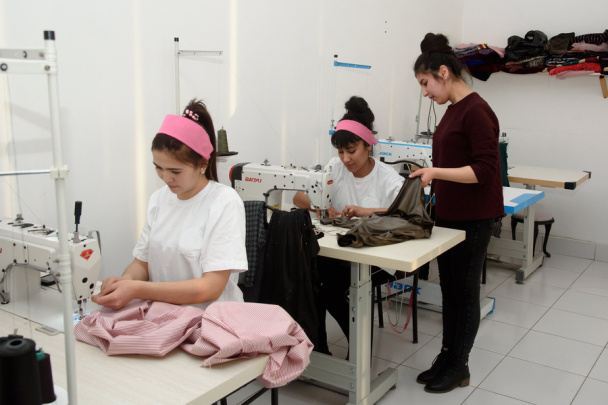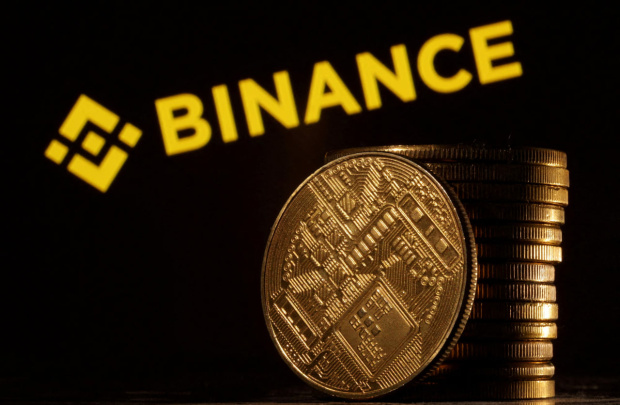The Deputy Chairman of Central Bank, Behzod Khamroyev, made an additional comment to Kun.uz regarding the devaluation of the soum, which took place on August 10.
Khamroyev emphasized that there was a special "correction" as stated in the regulator's press release, saying that it was connected with devaluation (depreciation of the national currency compared to foreign currency) in the main trade partners of Uzbekistan - China, Russia, Turkey and Kazakhstan.
"In the years after the pandemic in 2020, the world's largest central banks, in particular the US Federal Reserve System, have been raising interest rates against inflation. The dollar index is rising, and accordingly (each country has its own reasons, of course) most of our major trading partners' national currencies have depreciated. Since the beginning of the year, the Russian ruble has lost its value by 35-38%, the Turkish lira by about 40%, and even the Chinese yuan by about 4-4.5% (7.5% compared to the same period last year).
This is a natural process. When we trade with other countries, if our exchange rate lags behind, we lose certain advantages in trade: the products we export become more expensive in those markets, that is, we lose in price competition. In turn, imports will be cheaper. These are all connected. While our main trading partners are devaluing, ours remains unchanged, creating certain imbalances. You have to be very careful about this. Because now the imbalance is visible in the exchange rate, it may affect other economic indicators tomorrow," he said.
According to the CB official, including the devaluation of around 3.5-4% on August 10, the soum has depreciated by about 7.4% since the beginning of the year. Meanwhile, the regulator expects the inflation rate (increase in prices of goods and services) to be 8.5–9.5% in 2023.
"It should not be taken seriously and alarmingly. Because there will be a process of self-correction of the economy. Supply and demand for foreign currency balances. Admittedly, course changes are always painful. It's like taking bitter medicine or getting a painful procedure when you're sick. The treatment is painful, but if you don't take it, the disease will go away and tomorrow you will have to have a more difficult treatment. That is why the correction of 3.5-4% now, and around 7% since the beginning of the year, is a natural process and has a positive effect on the economy," Behzod Khamroyev said.
He pointed to the significant excess of import over export in foreign trade and said that one of the reasons for this imbalance is related to the exchange rate (depreciation of the partner country's national currency makes imports cheaper for Uzbekistan).
Although the lira and ruble have devalued by several tens of percent since the beginning of the year, Khamroyev is confident that the current level of soum devaluation (7% since the beginning of the year) is sufficient:
"According to our calculations, the devaluation at the level of our annual inflation is enough for Uzbekistan for now. We do not see any danger in the medium-term perspective".
The deputy chairman of Central Bank noted that the monetary policy body has sufficient instruments to prevent devaluation harmful to the economy, in particular, the necessary amount of gold-currency reserves for currency interventions.
"If we expect a devaluation that is not in line with inflation and can have a negative impact on our economy, we can easily influence the situation. In addition, in order to have an exchange rate, there must be funds in the national currency, and its increase or decrease can be regulated by the central bank rate. There is no need to take such measures now," he said.
According to Behzod Khamroyev, on August 10, residents sold foreign currency in the amount of 66 million dollars to commercial banks. This indicator was around 50 million dollars on August 9. "Certainly, exchange rate changes have an effect, dollar sales have increased," the economist said.
According to him, the current devaluation was also beneficial for families receiving remittances from relatives abroad. "If the currency in a foreign country depreciates, the money they send will also decrease, because they take their salary in rubles, convert it into dollars, and send it to Uzbekistan. Today's devaluation compensates to a certain extent the loss of the soum equivalent of the funds received by these families," the CB representative explained.
The Central Bank believes that the depreciation of the soum against the dollar will not significantly affect prices in the domestic market.
"Of course, there are some imported goods in the consumer basket. There may be small effects on the price of these, but I don't think a 4 percent change will make a big difference.
We have announced our inflation forecast at 8.5-9.5 percent, taking a large corridor. We did not change this forecast even at the last meeting of CB management. However, annual inflation in July was 8.9 percent. Even if the inflation rate fell within the forecast corridor, we did not change it, because we think that even if there is a slight correction due to devaluation and other things, at the end of the year, inflation will remain around the forecast corridor," Khamroyev said.
As it turns out, the regulator expects the devaluation of the soum during 2023 to be up to 8.5% or more at the level of inflation.
Behzod Khamroyev added that he does not see the need for residents to transfer their savings or deposits in soums to dollars.
"In short, there is no need to convert to dollars," the deputy chairman of Central Bank said, explaining his opinion that interest rates on deposits in soums remain attractive.





